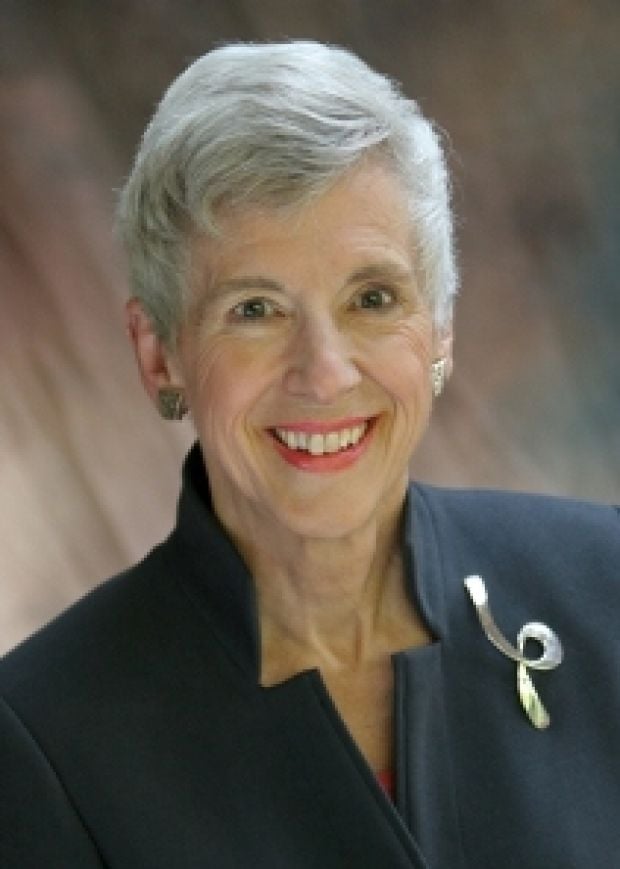A computer game retailer revealed that it legally owns the souls of thousands of online shoppers, thanks to a clause in the terms and conditions agreed to by online shoppers.
"By placing an order via this Web site;
GameStation's form also points out that "we reserve the right to serve such notice in 6 (six) foot high letters of fire, however we can accept no liability for any loss or damage caused by such an act. If you a) do not believe you have an immortal soul, b) have already given it to another party, or c) do not wish to grant Us such a license, please click the link below to nullify this sub-clause and proceed with your transaction."
The terms of service were updated on April fool’s Day as a gag, but the retailer did so to make a very real point: No one reads the online terms and conditions of shopping, and companies are free to insert whatever language they want into the documents.
While all shoppers during the test were given a simple tick box option to opt out, very few did this, which would have also rewarded them with a £5 voucher, according to news:lite. Due to the number of people who ticked the box, GameStation claims believes as many as 88 percent of people do not read the terms and conditions of a Web site before they make a purchase.
The company noted that it would not be enforcing the ownership rights, and planned to e-mail Customers nullifying any claim on their soul
"In fact, it is because the nature of prayer is so personal and can have such a powerful effect on a community that the government may not use its authority to try to influence an individual's decision whether and when to pray," Crabb wrote.
Congress established the day in 1952 and in 1988 set the first Thursday in May as the day for presidents to issue proclamations asking Americans to pray. The Freedom From Religion Foundation, a Madison-based group of atheists and agnostics, filed a lawsuit against the federal government in 2008 arguing the day violated the separation of church and state.
President Barack Obama's administration has countered that the statute simply acknowledges the role of religion in the United States. Obama issued a proclamation last year but did not hold public events with religious leaders as former President George W. Bush had done.
Crabb wrote that her ruling shouldn't be considered a bar to any prayer days until all appeals are exhausted. U.S. Justice Department Attorneys who represented the federal government in the case were reviewing the ruling Thursday afternoon, agency spokesman Charles Miller said. He declined further comment.
Obama spokesman Matt Lehrich said in an e-mail to The Associated Press the president still plans to issue a proclamation for the next prayer day.
"As he did last year, President Obama intends to recognize a National Day of Prayer," Lehrich said.
The American Center for Law and Justice, which represented 31 members of Congress who joined the federal government as defendants, called Crabb's ruling flawed and promised to appeal.
"It is unfortunate that this court failed to understand that a day set aside for prayer for the country represents a time-honored tradition that embraces the First Amendment, not violates it," ACLJ Chief Counsel Jay Sekulow said in a statement.
The Alliance Defense Fund, an Arizona-based group of Christian lawyers, issued a statement saying Crabb's ruling undermines American tradition dating back to the nation's birth.
Freedom from Religion Foundation attorney Richard Bolton didn't immediately return a message seeking comment.
Crabb wrote that her ruling was not a judgment on the value of prayer. She noted government involvement in prayer may be constitutional if the conduct serves a "significant secular purpose" and doesn't amount to a call for religious action. But the National Day of Prayer crosses that line, she wrote.
"It goes beyond mere 'acknowledgment' of religion because its sole purpose is to encourage all citizens to engage in prayer, an inherently religious exercise that serves no secular function in this context," she wrote. "In this instance, the government has taken sides on a matter that must be left to individual conscience."
SAN FRANCISCO (AP) — A federal appeals court in San Francisco upheld the use of the words "under God" in the Pledge of Allegiance and "In God We Trust" on U.S. currency, rejecting arguments on Thursday that the phrases violate the principle of separation of church and state.
The 9th U.S. Circuit Court of Appeals panel rejected two legal challenges by Sacramento atheist Michael Newdow, who claimed the references to God disrespect his religious beliefs.
His reason: The Greatest Generation didn't pledge 'under God'
"The Pledge is constitutional," Judge Carlos Bea wrote for the majority in the 2-1 ruling. "The Pledge of Allegiance serves to unite our vast nation through the proud recitation of some of the ideals upon which our Republic was founded."
The same court ruled in Newdow's favor in 2002 after he sued his daughter's school district for forcing students to recite the pledge.
 That lawsuit reached the U.S. Supreme Court in 2004, but the high court ruled that Newdow lacked the legal standing to file the suit because he didn't have custody of his daughter, on whose behalf he brought the case.
That lawsuit reached the U.S. Supreme Court in 2004, but the high court ruled that Newdow lacked the legal standing to file the suit because he didn't have custody of his daughter, on whose behalf he brought the case.So Newdow, who is an atheist doctor and an atheist lawyer, filed the challenge on behalf of other parents who objected to their children being required to recite the pledge. In 2005, a federal judge in Sacramento decided in Newdow's favor, ruling that the pledge was unconstitutional.
"I want to be treated equally," Newdow said when he argued the case before the 9th Circuit in December 2007. He added that supporters of the phrase "want to have their religious views espoused by the government."
In a separate 3-0 ruling Thursday, the appeals court upheld the inscription of the national motto "In God We Trust" on coins and currency.







3 comments:
x0y72q6p38 z6m77b5a87 g3r20u8l32 l7c41d9r14 z9t06w8b88 q6v40x8q63
curry 8
bape clothing
kobe shoes
bapesta
paul george shoes
fear of god t shirt
hermes birkin
yeezy supply
jordans shoes
yeezy
high replica bags s24 j8y29x1y30 louis vuitton replica q74 o7l65j7y16 high quality replica bags p02 s7d29e4f90
Post a Comment